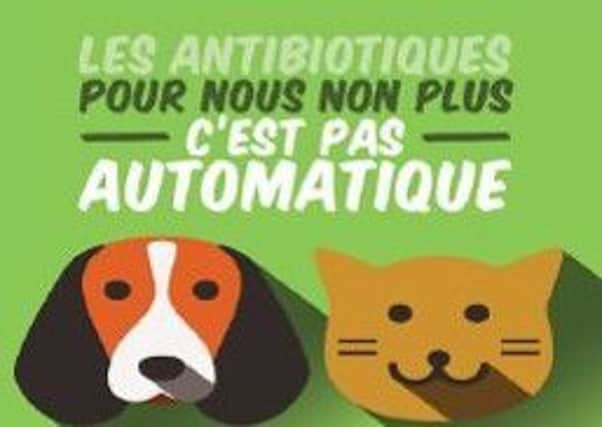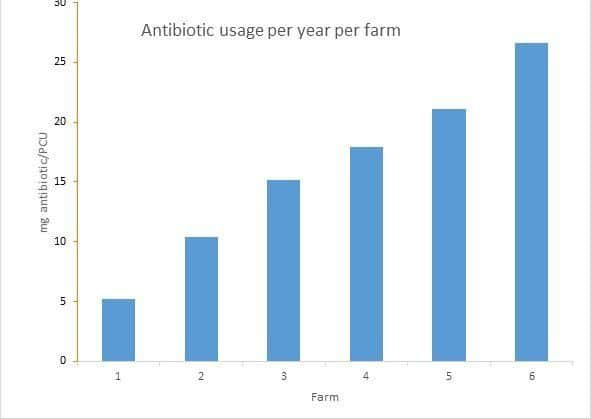Dairy-4-Future exchange visit


Through a consortium of 11 partners, from Northern Ireland to the Azores, the Dairy-4-Future project aims to increase the competitiveness, sustainability and resilience of dairy farms in these Atlantic regions, through the development of innovative and efficient dairy systems.
At the heart of the project are a group of 100 Pilot Farmers and 10 Experimental Farms drawn from all the regions involved. Detailed data on economic, environment and social sustainability aspects of dairy farming have been collected and are currently being analysed. As a key part of the project, 10 local Northern Ireland dairy farmers participating in the project recently had the opportunity to undertake an exchange visit to Brittany in France. The purpose of these Dairy-4-Future exchange visits is to exchange innovations and ideas to improve the sustainability of dairy farming across the regions.
Advertisement
Advertisement
One of the French innovations experienced during the exchange visit was ‘ECOANTIBIO’, the French National Plan for the reduction of antimicrobial resistance from the use of veterinary medicines. This was of particular interest to the Northern Ireland dairy farmers as they have been benchmarking antimicrobial use as part of the project through Stephen Gilkinson in Greenmount Campus, CAFRE.


ECOANTIBIO is led by the French Ministry of Agriculture. During the first five years of the project, ECOANTIBIO highlighted the need for farmers to be responsible and cautious in the use of antibiotics. Objectives of the programme were both quantitative: to reduce antibiotic use by 25% over five years, and qualitative to reduce the use of the critically important antibiotics, namely fluoroquinolones and 3rd and 4th generation cephalosporins.
To achieve these objectives, a comprehensive plan was developed involving all stakeholders with five priorities and 40 measures. The five priorities are:
1. Promoting best practice and raising awareness among all stakeholders
2. Developing alternatives to antibiotic use
Advertisement
Advertisement
3. Reinforcing the regulation of commercial practices and prescribing rules
4. Improving the system for monitoring antibiotic use and antibiotic resistance
5. Promoting the same approach on a European and International scale
The communication campaign for ECOANTIBIO targeted both pet owners and livestock farmers. Mandatory measures brought in by the French Government include restrictions on the use of critically important antibiotics and bans on discounted antibiotic sales. Preventative use of critically important antibiotics was made illegal and regulations were brought in to ensure that critically important antibiotics are only used after:
· clinical examination of animal or post mortem examination
· sampling and identification of bacteria involved
· antibiotic sensitivity testing
Advertisement
Advertisement
ECOANTIBIO has been very successful in its outcomes, with a reported 37% reduction in the use of antibiotics over the five year period from 2012 to 2016. Critically important antibiotic use has fallen by 75% for fluoroquinolones and 81% for 3rd and 4th generation cephalosporins.
N Ireland Dairy-4-Future farmers antimicrobial use
In the UK the organisation, RUMA, (Responsible Use of Medicines in Agriculture Alliance) have set targets for each agricultural sector for the reduction of antibiotic use by the year 2020; the target maximum for dairy cattle is 21 mg/population correction unit. (Population correction unit allows a comparison of antibiotic use across species, based on standard weights of animals within each sector).
A number of the local dairy farmers participating in the Dairy-4-Future project have been benchmarking their antibiotic use against this RUMA target. Of the six farms benchmarked to date, five are on or below the target set for 2020, (21mg/pcu). Results are presented in the graph left.